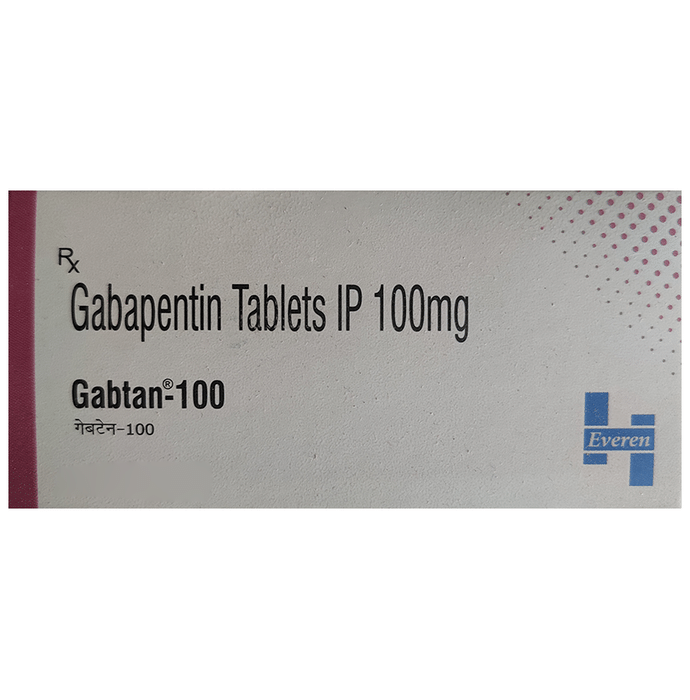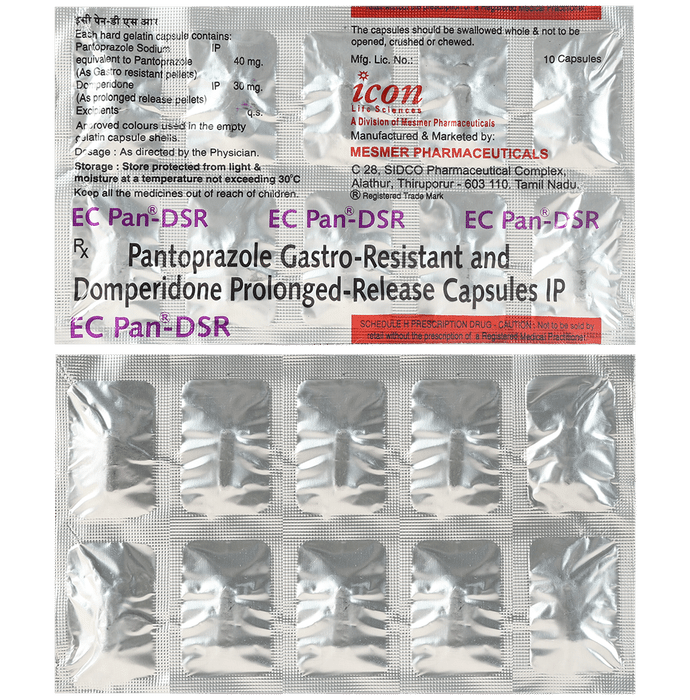progaba GABAPENTIN
Introduction to progaba
Progaba is a medication available in tablet form primarily used to treat nerve pain, seizures, and restless legs syndrome. Progaba works by calming nerve activity in the brain, providing relief from discomfort caused by nerve damage and preventing sudden electrical disturbances.
Composition of progaba
Progaba contains the active ingredient Gabapentin, which mimics the neurotransmitter GABA. This action helps inhibit nerve activity, similar to turning down the volume on a loudspeaker, thereby reducing pain and preventing seizures.
Uses of progaba
- Treatment of nerve pain
- Management of seizures
- Relief from restless legs syndrome
Side effects of progaba
- Common side effects: dizziness, drowsiness, fatigue
- Serious side effects: increased suicidal thoughts, severe allergic reactions
Precautions of progaba
Progaba can cause dizziness and drowsiness, which may affect your ability to drive. It may increase suicidal thoughts, so monitoring is essential. Avoid using progaba if you are allergic to it, and exercise caution if you have kidney problems. Always inform your doctor about other medications you are taking to prevent interactions.
How to Take progaba
Progaba is taken orally, with or without food. The starting dose for adults is 300 mg once daily, which can be increased as needed. The maximum dose is 3600 mg per day, divided into three doses. Follow your doctor’s advice for the correct dosage and administration.
Conclusion of progaba
Progaba, containing Gabapentin, belongs to the therapeutic class of anticonvulsants and is manufactured to treat nerve pain, seizures, and restless legs syndrome. Key highlights include its ability to calm nerve activity and its oral administration. Progaba is a valuable medication for managing these conditions, but it is important to follow medical advice and be aware of potential side effects and precautions.


Can I take Progaba with other prescription drugs?
Progaba can interact with other medications, increasing the risk of side effects or reducing effectiveness. Antacids containing magnesium or aluminum can decrease Progaba's absorption. Opioids and sedatives can enhance drowsiness and dizziness. Always inform your doctor about all medications you are taking to avoid potential interactions. Your doctor can adjust your treatment plan to ensure safety and effectiveness.

Does Progaba affect appetite?
Progaba can affect appetite, leading to increased hunger or changes in eating habits, but this is not common. Most people take Progaba without noticing changes in their appetite. If you experience unexpected appetite changes, talk with your doctor. They can help determine if Progaba is the cause and suggest ways to manage these changes, such as maintaining regular meal times and a balanced diet.

Does Progaba affect mood?
Progaba can affect mood in some people, causing changes like anxiety or agitation. These side effects are considered occasional and usually mild to moderate. If you notice mood changes after starting Progaba, talk with your doctor. They can help determine if Progaba is the cause and suggest ways to manage these symptoms, such as adjusting the dose or trying a different medication.

Does Progaba affect sleep?
Progaba can cause sleep disturbances like insomnia or excessive sleepiness, but these are not common. Most people take Progaba without experiencing changes in their sleep patterns. If you notice sleep problems after starting Progaba, talk with your doctor. They can help determine if Progaba is the cause and suggest ways to improve your sleep while continuing your treatment.

Does Progaba cause headaches?
Headaches can occur as a side effect of Progaba, but they are not common. Most people take Progaba without experiencing headaches. If you do get mild headaches, staying hydrated and resting may help. Over-the-counter pain relievers can also be used after consulting your doctor. If headaches are severe or persistent, talk to your healthcare provider to determine if Progaba is the cause or if another issue needs attention.

Does Progaba cause stomach upset?
Progaba can cause stomach upset, including nausea and vomiting, but these side effects are not common. If you experience mild nausea, taking Progaba with food might help. Most people take Progaba without significant stomach issues. If you develop severe or persistent stomach problems, talk with your doctor. They can help determine if these symptoms are related to Progaba or if another cause needs attention.

Does Progaba cause weight gain?
Progaba can cause weight gain in some people, but this is not common. The weight gain is usually mild to moderate. If you notice significant weight changes, talk with your doctor. They can help determine if Progaba is the cause and suggest ways to manage your weight, such as adjusting your diet or exercise routine.

Does Progaba interfere with sexual function?
Progaba can interfere with sexual function in some people. It may cause sexual health side effects like erectile dysfunction or loss of libido, which means a reduced interest in sexual activity. These side effects are considered occasional, not common, and are usually mild to moderate. If you experience these issues, talk to your doctor. They can help determine if Progaba is the cause and suggest ways to manage these side effects, such as adjusting the dose or trying a different medication.

Does Progaba limit driving?
Progaba can cause dizziness, drowsiness, and blurred vision, which may impair your ability to drive safely. It's important to understand how Progaba affects you before driving. If you feel dizzy or drowsy, avoid driving until these symptoms go away. Always prioritize safety and talk with your doctor if you have concerns about driving while taking Progaba.

Does Progaba make it hard to think or concentrate?
Progaba can cause cognitive side effects like difficulty concentrating or thinking clearly, but these are not common. Most people take Progaba without experiencing these issues. If you notice problems with your thinking or memory, talk with your doctor. They can help determine if Progaba is the cause and suggest ways to manage these symptoms while continuing your treatment.

Does Progaba make people tired or drowsy?
Progaba can cause drowsiness and fatigue, which are common side effects. These symptoms are usually mild to moderate. If you feel unusually tired, talk with your doctor. They can help determine if Progaba is the cause and suggest ways to manage these symptoms, such as adjusting your dose or timing of medication. Proper rest and a balanced diet can also help maintain your energy levels.

For how long do I take Progaba?
Progaba is often used for long-term management of chronic conditions like nerve pain or seizures. The duration of use depends on your specific health needs and how well you respond to the medication. Your doctor will guide you on how long to take Progaba. Always follow your doctor's advice and do not stop taking Progaba without consulting them, as this could worsen your condition.

How does Progaba work?
Progaba works by calming nerve activity in the brain, which helps reduce pain and prevent seizures. It mimics the action of a neurotransmitter called GABA, which is a chemical messenger that inhibits nerve activity. Think of it like turning down the volume on a loudspeaker to reduce noise. This action makes Progaba effective for treating nerve pain, seizures, and restless legs syndrome.

How do I know if Progaba is working?
Progaba is used to treat nerve pain, seizures, and restless legs syndrome. You'll know it's working if you experience less pain, fewer seizures, or reduced leg discomfort. Your doctor may monitor your progress through regular check-ups and adjust your treatment as needed. It's important to communicate with your doctor about how you're feeling to ensure Progaba is effective for your condition.

How do I take Progaba?
Take Progaba as prescribed by your doctor. It's usually taken once or twice daily, with or without food. Swallow the capsules whole; do not crush or chew them. If you miss a dose, take it as soon as you remember unless it's almost time for your next dose. In that case, skip the missed dose and continue your regular schedule. Do not take two doses at once. There are no specific dietary restrictions, but always follow your doctor's advice.

How long does it take for Progaba to start working?
Progaba starts working within a few hours of taking it, but it may take several days to weeks to achieve its full therapeutic effect. The time it takes to work can vary based on individual factors like your condition, dosage, and overall health. Be patient and continue taking Progaba as prescribed. Your doctor will monitor your progress and make any necessary adjustments to your treatment.

How should I store Progaba?
Store Progaba at room temperature, away from moisture and light. Keep it in a tightly closed container. Do not store it in the bathroom, where humidity can affect the medication. Keep Progaba out of reach of children and pets to prevent accidental ingestion. Always check the expiration date and properly dispose of any unused or expired medication.

Is Progaba effective?
Progaba is effective for treating nerve pain, seizures, and restless legs syndrome. It works by calming nerve activity in the brain. Clinical studies show Progaba can significantly reduce pain and improve quality of life for people with nerve pain. It also helps control seizures in epilepsy patients. Always follow your doctor's instructions to achieve the best results with Progaba.

Is Progaba safe for the elderly?
Elderly individuals may be more sensitive to Progaba's side effects, such as dizziness and drowsiness, which can increase the risk of falls. Dose adjustments may be necessary due to age-related kidney function changes. It's important for elderly patients to be closely monitored by their doctor while taking Progaba to ensure safety and effectiveness.

Is it safe to drink alcohol while taking Progaba?
It's best to avoid alcohol while taking Progaba. Alcohol can increase the risk of side effects like dizziness and drowsiness, which can be dangerous. Drinking alcohol with Progaba may also impair your ability to think clearly or react quickly. If you choose to drink, do so in moderation and be aware of how your body responds. Always talk with your doctor about alcohol use while on Progaba.

Is it safe to drink coffee or tea while taking Progaba?
You can drink coffee and tea while taking Progaba, as there's no known interaction between caffeine and Progaba. However, caffeine can cause increased nervousness or jitteriness in some people. If you notice any unusual symptoms, try reducing your caffeine intake. Always drink caffeinated beverages in moderation and stay hydrated by drinking plenty of water throughout the day.

Is it safe to exercise while taking Progaba?
You can exercise while taking Progaba, but be cautious. Progaba can cause dizziness or drowsiness, which might affect your balance or coordination during physical activity. To exercise safely, start with light activities and gradually increase intensity. Stay hydrated and listen to your body. If you feel dizzy or unusually tired, stop exercising and rest. Consult your doctor if you have concerns about exercising while on Progaba.

What are Progaba possible harms and risks?
A side effect is an unwanted or unexpected symptom caused by a medication. Common side effects of Progaba include dizziness, fatigue, drowsiness, peripheral edema (swelling of the extremities), and ataxia (lack of muscle coordination). These side effects are generally mild and occur in more than 10% of users. It's important to note that new symptoms can appear when starting any medication, which may be unrelated or temporary. Always consult a healthcare provider before stopping any medication.

What disease or symptom is Progaba used for?
Progaba is used to treat nerve pain, seizures, and restless legs syndrome. It helps reduce pain by calming nerve activity in the brain. For seizures, Progaba prevents abnormal electrical activity that causes them. It's often used in combination with other therapies to enhance its effectiveness. Always follow your doctor's instructions when using Progaba for these conditions.

What is Progaba?
Progaba is a medication used to treat nerve pain, seizures, and restless legs syndrome. It belongs to the anticonvulsant class of drugs. Progaba works by calming nerve activity in the brain, which helps reduce pain and prevent seizures. It's often used in combination with other therapies to enhance its effectiveness. Always follow your doctor's instructions when taking Progaba.

What is the usual dose of Progaba?
The usual starting dose of Progaba for adults is 300 mg once daily, which can be increased based on your doctor's advice. The dose may be adjusted depending on your condition and response to the medication. The maximum recommended dose is 3600 mg per day, divided into three doses. For children and the elderly, dose adjustments may be necessary. Always follow your doctor's specific dosing instructions for your health needs.

Who should avoid taking Progaba?
Progaba should not be used if you are allergic to it or its ingredients, as this can cause serious allergic reactions. Caution is needed if you have kidney problems, as Progaba is processed by the kidneys. Dose adjustments may be necessary. Always inform your doctor about your medical history and any other medications you are taking to avoid potential risks.
Available in 2 variations

strip of 10 tablets

strip of 10 tablets














.svg)
